How Sweden Deals With Returning ISIS Fighters
Credit to Author: Jonas Grönvik| Date: Tue, 26 Mar 2019 14:10:36 +0000
A version of this article originally appeared on VICE Sweden.
“What do you actually pack for war?”
The first time I met Firat* he was sitting on the floor of a Stockholm apartment, in September of 2018, packing his bags for what he hoped would be the final battle against ISIS in Syria.
Into his bag went his military uniform, coffee and some snus. Also, his camera, mementos from friends who have died in battle and, finally, ear protectors. “I’ve already lost the hearing in my right ear,” he said. “I have to wear ear protectors now so I don’t fuck up the other one.”
In his role as a combat medic, Firat has been fighting against ISIS in Syria for the past three years, as a volunteer for the Kurdish anti-jihadist militia People’s Defence Unit (YPG), whose work is supported by airstrikes from the US-led coalition. “I had to take a short break because of an injury,” he said. Last week, the Syrian Democratic Forces (SDF) and the US government announced that Syria has been completely liberated from ISIS control. But back in late 2018, Firat was still needed to do his part.
“This is what saves lives; not war,” he said, pointing at one of his bags. In it were bandages, tourniquets and medication. “I would not call myself a doctor or a nurse or anything like that, because I’m not,” he explained. “But you best believe that I’ll save your life if you lose your foot or get shot.”
There was plenty to discuss with Firat and his role in the offensive. But first: “Have you seen my toothbrush?”
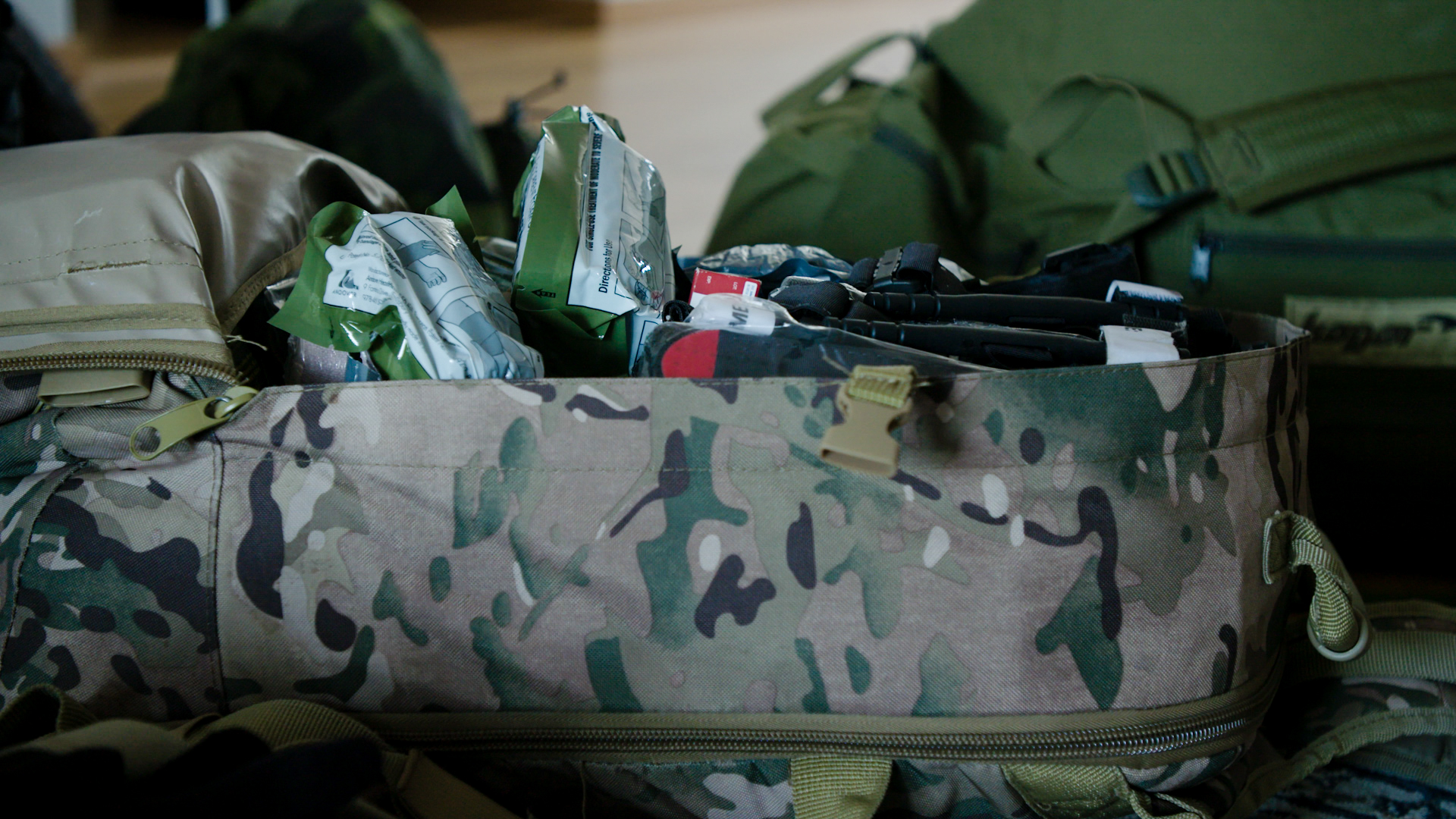
Firat is a Swedish Kurd who grew up in a suburb of Gothenburg, a city on Sweden’s west coast. “When I hear a mother crying over there it hits close to home,” he told me. “It haunts you at night, it haunts you everywhere you go. But if I lie awake at night so that others can get a good night’s rest then it’s worth it for me.”
As a volunteer, Firat has many enemies who want to see him dead. And that’s not just ISIS fighters on the front lines in Syria, but also ISIS fighters back home in Gothenburg. When Firat returned home last year following a blast injury, he received several death threats from Swedes who were also back from the war – but who’d been fighting for the other side.
The threats started with someone putting an ISIS flag through his mailbox. “They knew who I was, and they knew I was home,” he said. Last spring, Firat had a gun pulled on him outside his home. He explained that he was out walking his dog when a masked man showed up and held a gun to his face, before squeezing the trigger. The gun clicked along the empty chambers four times before Firat started to run.
According to the police report, the officers searched the area, checking surveillance footage from local trams, but pulled up nothing. Firat said that, as he ran away, an actual bullet fired and missed – a detail that is not mentioned in the report. A few days after the attack, the investigation was closed due to a lack of evidence.
“These bastards shot at me outside my own home,” Firat said. “And no one helped me. I was told to go to social services. But what would I do there? I had no choice: I had to leave Sweden and my family for my own safety.”
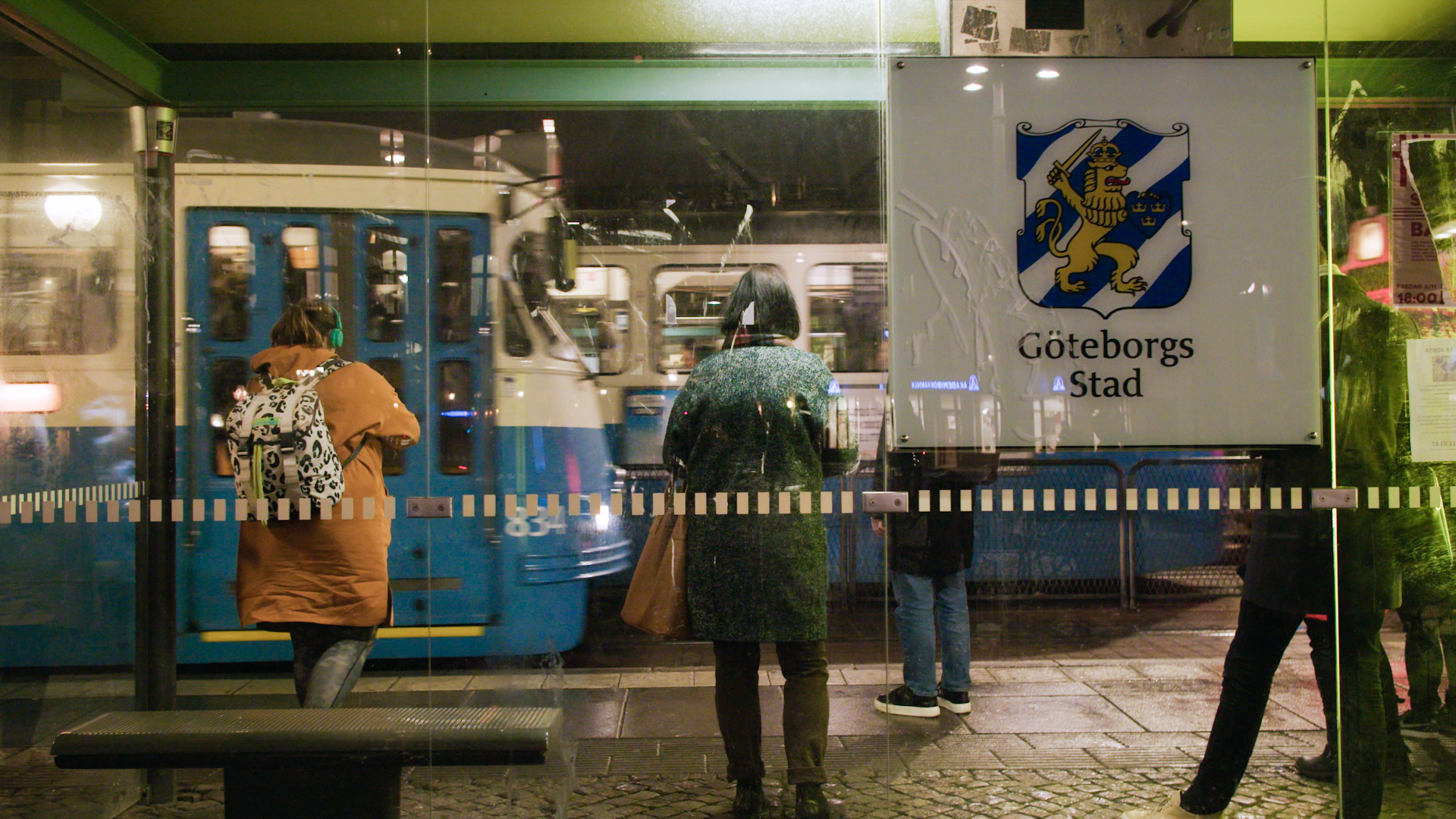
According to the Swedish Security Service, approximately 300 Swedes have travelled from Sweden to Iraq and Syria to join ISIS or other al-Qaeda affiliated groups. Magnus Ranstorp is a terrorist expert at the Swedish Defence University in Stockholm. In 2017, he wrote a report on 267 suspected ISIS travellers who were flagged by Swedish authorities.
“We know that about 140 to 150 have returned to Sweden,” Ranstorp says. “We don’t know exactly where they are, but many came back early in the conflict. Some have been injured and gone back to Sweden to rest up, only to go back again.”
Very few Swedish ISIS fighters have been convicted or faced any legal charges. “We are almost the only country in the EU that lacks legislation against participation and cooperation with terrorist organisations,” Ranstorp tells me.
In Sweden, returnees can be convicted of war crimes, but it is difficult to gather evidence against individuals in a war zone. Here, Sweden differs from other Nordic and European countries, where joining ISIS is enough to be prosecuted. In Norway and Denmark, returning jihadists risk imprisonment for up to six years, with the possibility of an even harsher punishment if they held a special position within a terrorist organisation. Denmark can also withdraw citizenship from people who joined ISIS.
There are many reasons to be worried about Sweden’s lack of legislation. “We are of course vulnerable,” Ranstorp says. “Those who are dangerous and out on our streets can recruit more, and they can even plan terrorist acts.”
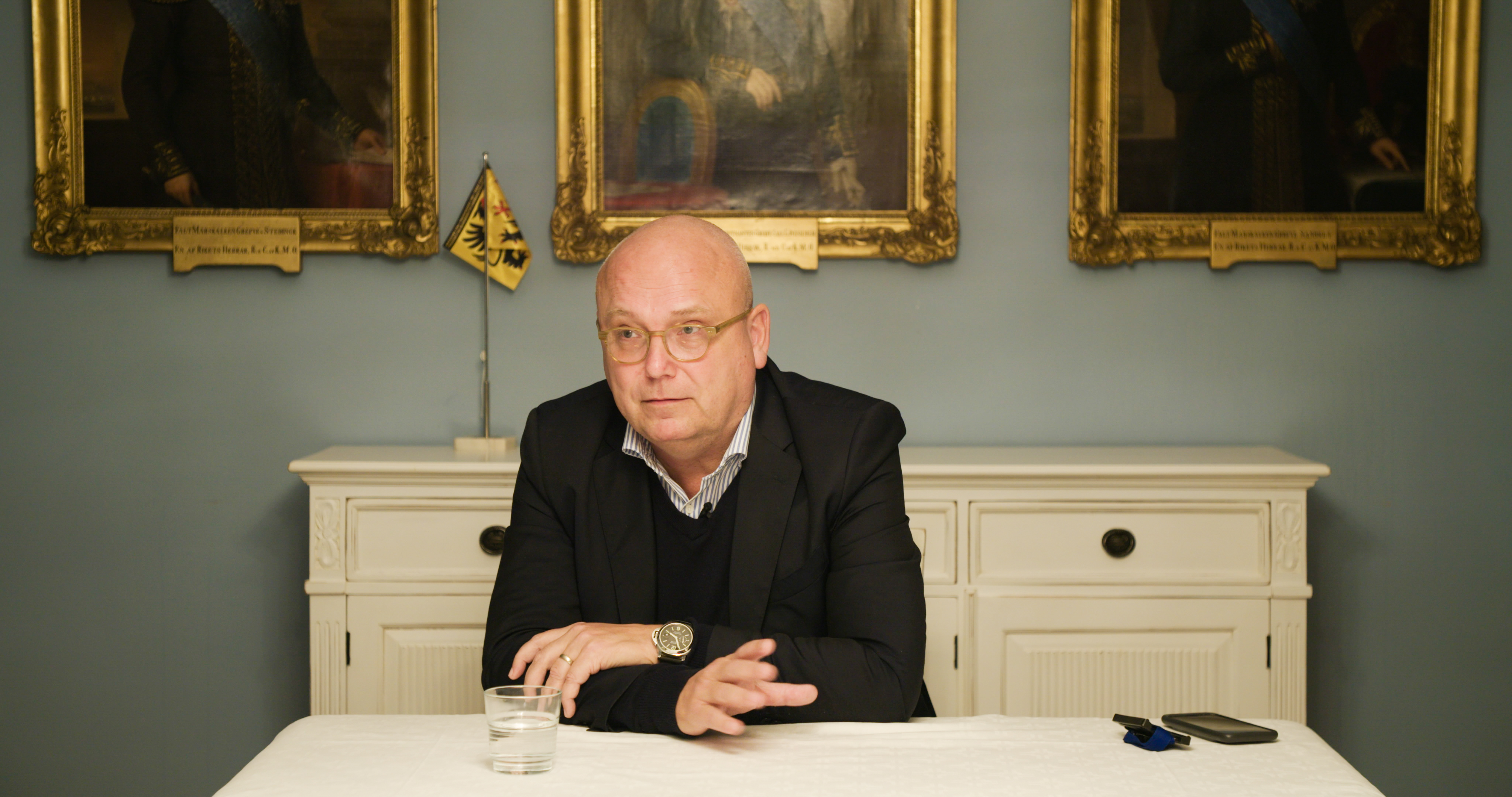
Two specific cases come to Magnus’ mind: Mohamed Belkaid and Osama Krayem, who are suspected of participating in terrorist attacks in Paris and Brussels in 2015. “They are Swedish returnees, but they did not return to Sweden. They returned to Belgium, and from there they planned the terror attacks in Paris and Brussels,” Ranstorp explains.
Mohamed Belkaid, who lived in Stockholm, was shot dead when Belgian police stormed a hideout in Brussels after the terrorist attacks in Paris, where 130 people were killed. Osama Krayem grew up in Rosengård in Malmö and is now being detained in France, suspected for his involvement in the attacks in Paris and Brussels.
The Swedish government is planning to introduce a new anti-terrorism law later this year, which will make participating in a terrorist organisation a crime that comes with a maximum six-year prison sentence – the same penalty for theft.
But it could already be too late. “This law cannot be applied retroactively, so it will not affect those who have already travelled and returned,” Ranstorp explains.
Despite the country’s lack of terrorism laws, Sweden’s security services have kept a close eye on those who have travelled to Iraq and Syria to join ISIS, says Ranstorp. But due to concerns over the sharing of information, there is almost no coordination between the intelligence agencies, the police and local social services. So there’s very little local councils and social services can do to identify a returning ISIS member. “The local councils have very little knowledge about the conflict, and they definitely don’t know who has been fighting for or against ISIS,” Ranstorp adds.
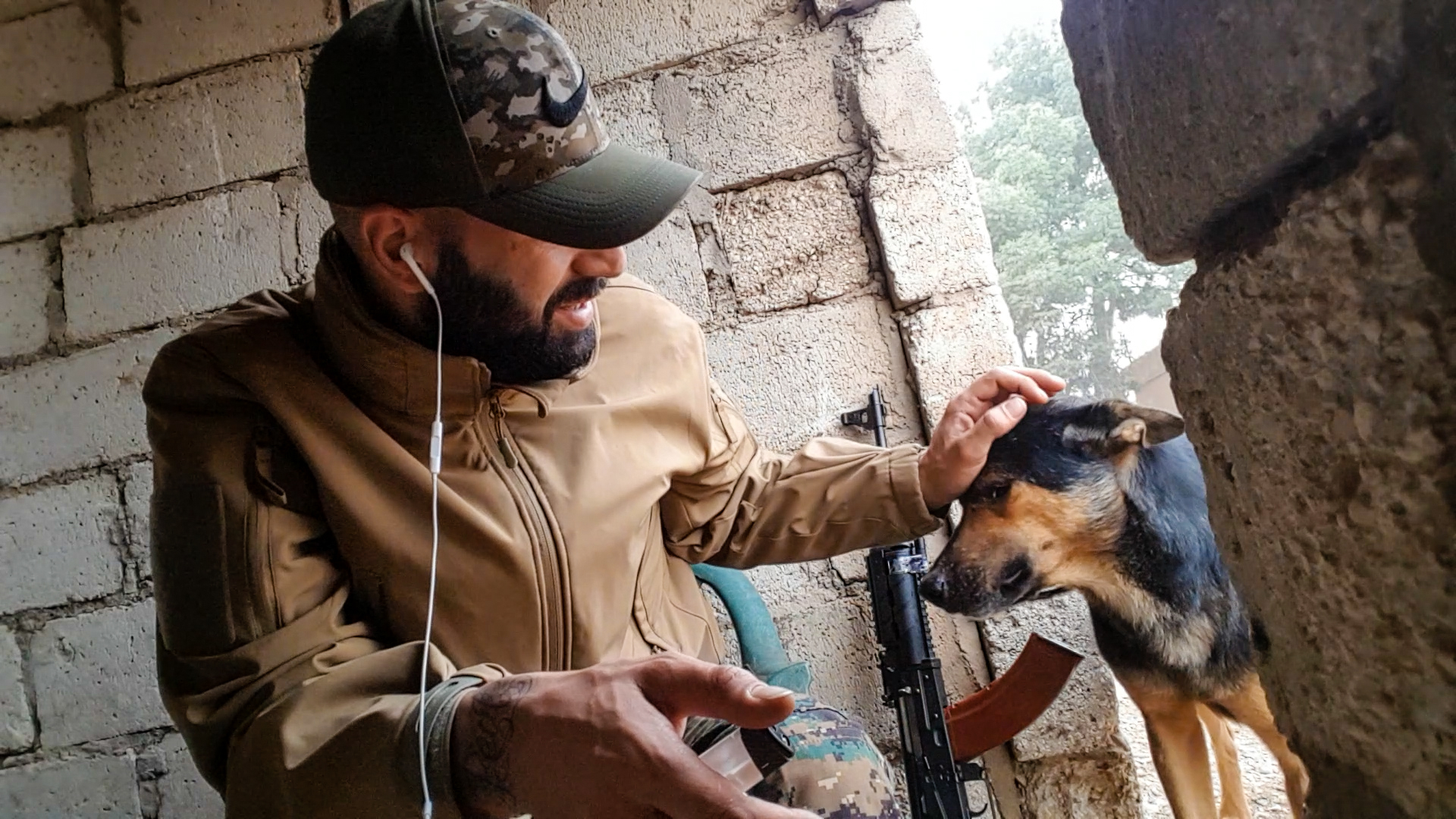
It took until June of 2017 for the Swedish government to start investigating the gaping holes in legislation. What was it that made Sweden act? “The terrorist attack in Stockholm in April, 2017,” Ranstorp tells me.
Rakhmat Akilov, now serving a life sentence, was an ISIS sympathiser who drove a stolen lorry into a crowded street in central Stockholm, murdering five people. According to the verdict, Akilov tried to travel to Syria through Turkey in 2014 to join ISIS, but failed. Instead, he returned to Sweden and carried out the attack.
According to the report “Swedish Foreign Fighters in Syria and Iraq“, 80 percent of the Swedes who joined ISIS come from four cities: Gothenburg, Stockhom, Malmö and Örebro. Seventy percent come from “socially vulnerable neighbourhoods”. Firat grew up in one of those neighbourhoods. Some of his old schoolmates left Sweden to fight on the other side of a war that’s taking place over 3,000 miles from Gothenburg.
According to a report by social workers from the National Board of Health and Welfare, returnees like Firat face so many death threats, they are “coming to meetings at the social service with bulletproof vests”.
Two weeks after Firat left Sweden, we got in touch again. He had managed to cross the border into Syria and was now with his YPG unit near the front lines south of the province of Deir ez-Zor, in southeastern Syria. “The journey was tough; it took longer than planned,” Firat told me over Skype. “But on the other hand, it’s war, and it shouldn’t be easy to go here.”
The YPG were leading the Syrian Democratic Forces (SDF), an alliance of anti-jihadist groups; Kurds and Arabs were fighting side-by-side with Armenians, Syrian Turkmen and local fighters. The offensive began in May of 2018 and intensified in November around the city of Hajin, which was ISIS’ last stronghold in Syria. The battles have been bloody, Firat said. ISIS succeeded in performing several counter-attacks by exploiting sandstorms and fog to escape coalition airstrikes.
“We are beginning to see an end to ISIS territorial control,” said at the time. “It feels good, but at the same time it is still very tough. Battles are popping up from cities we thought we had cleared out,” Firat added at the time.
I could hear the sound of gunfire in the background: “It is their most hardcore fighters who are still here, and they are not afraid to die.”
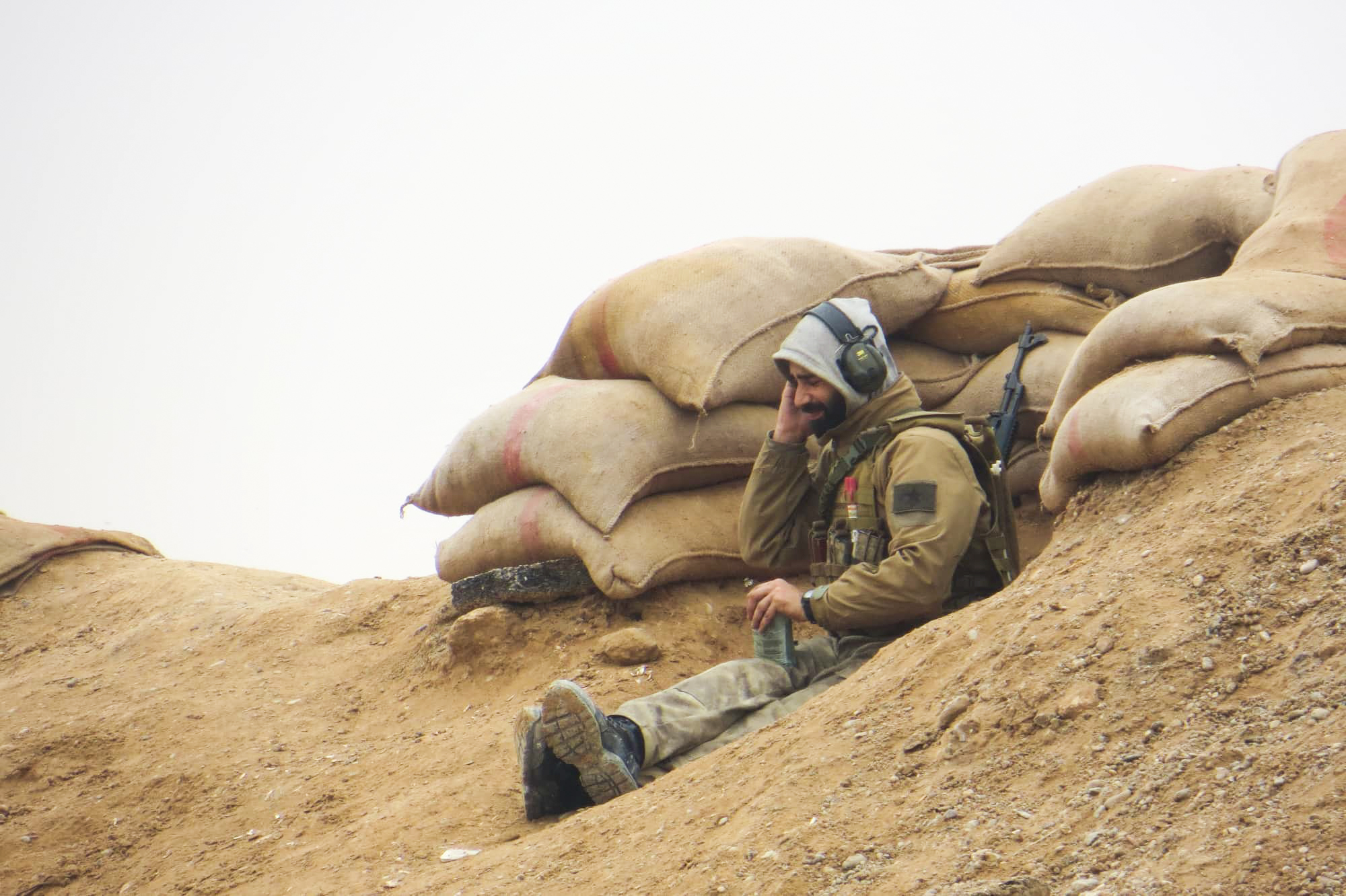
In October, YPG announced that over 900 foreign ISIS members from 44 different countries are being held in Kurdish prisons in Syria. Firat, who also serves as an interpreter, met several Swedish jihadists in Syria.
The YPG has urged all countries to bring home their imprisoned citizens. “We don’t want them here,” said Firat. “The people here have already experienced so much horror.”
“I’ve heard that the Syrian government won’t keep these individuals forever,” Magnus says. “And it is immoral to leave the problem for them to deal with. European countries must take their responsibilities and take them home.”
Firat is worried that the most dangerous Swedish ISIS fighters who stayed until the end of the war will return home before the new law comes into effect. “The state must punish them,” he told me. “They must be held accountable. Don’t let them come home and walk around our streets.”
From his location, Firat was sent to the front, near the city of Hajin in southeastern Syria. He would be offline for a few days, maybe weeks. Maybe months, if all goes well, he told me.
Watch: Inside ISIS’ Final Fight
Just a few days after our Skype chat, ISIS fighters sneaked up on Firat’s unit in a counter-attack. Under the cover of a sandstorm, they raided the desert with motorcycles and armoured cars. When I reached out to Firat’s friends to see if he was OK, they told me that they suspected he was dead.
But then two days later I suddenly heard from him again. He was safe at base, exhausted after days of hard fighting. Several of his colleagues had been killed. Still, he says that he felt safer on the frontline than at home in Gothenburg.
“At least here I can defend myself,” Firat explained. “And I have many friends and comrades around me who make it really hard for the enemy to get me. The Kurds are my people. But Sweden is my country. I’m here for Sweden’s sake too.”
Firat’s name has been changed to protect his identity.
This article originally appeared on VICE SE.